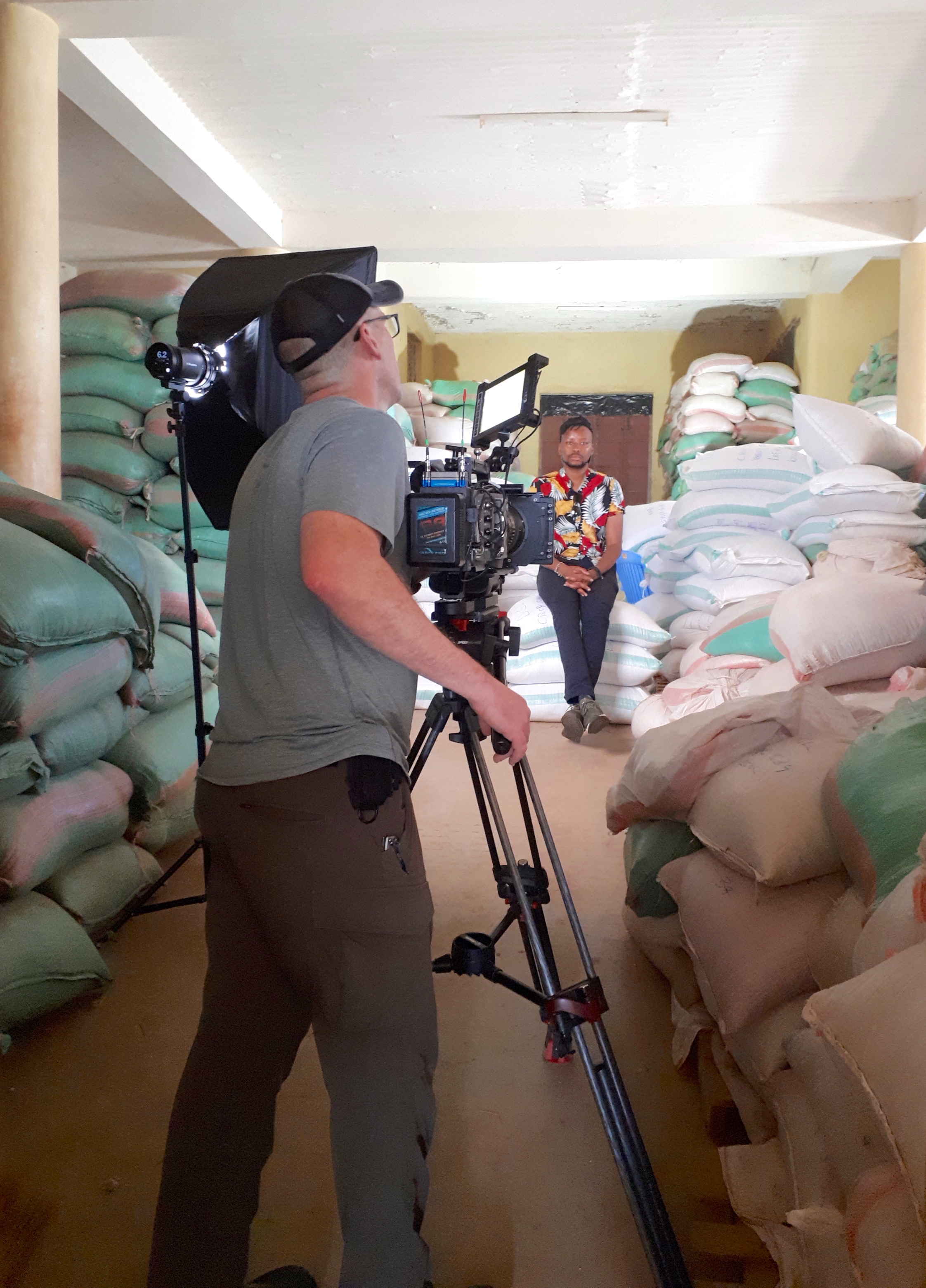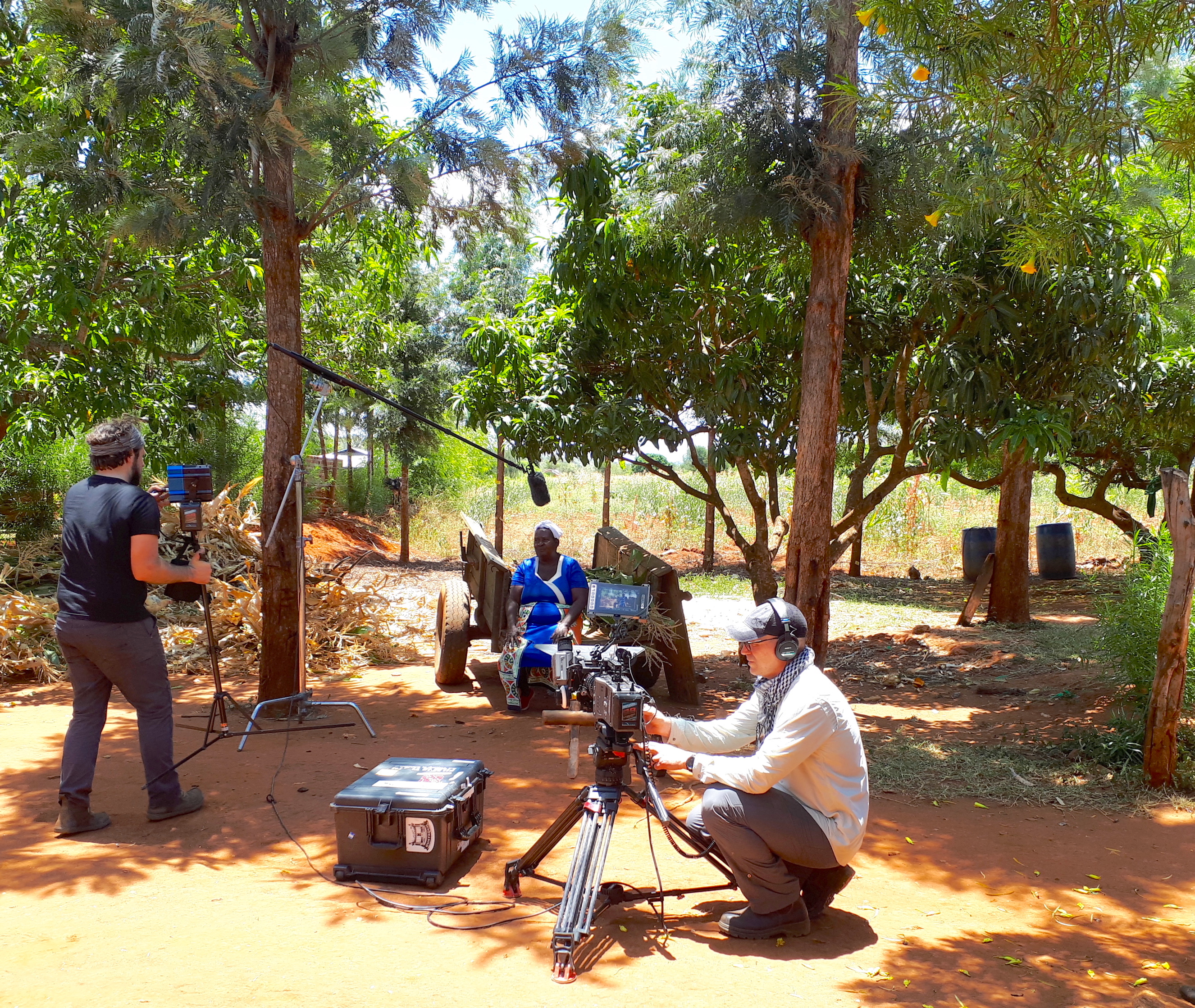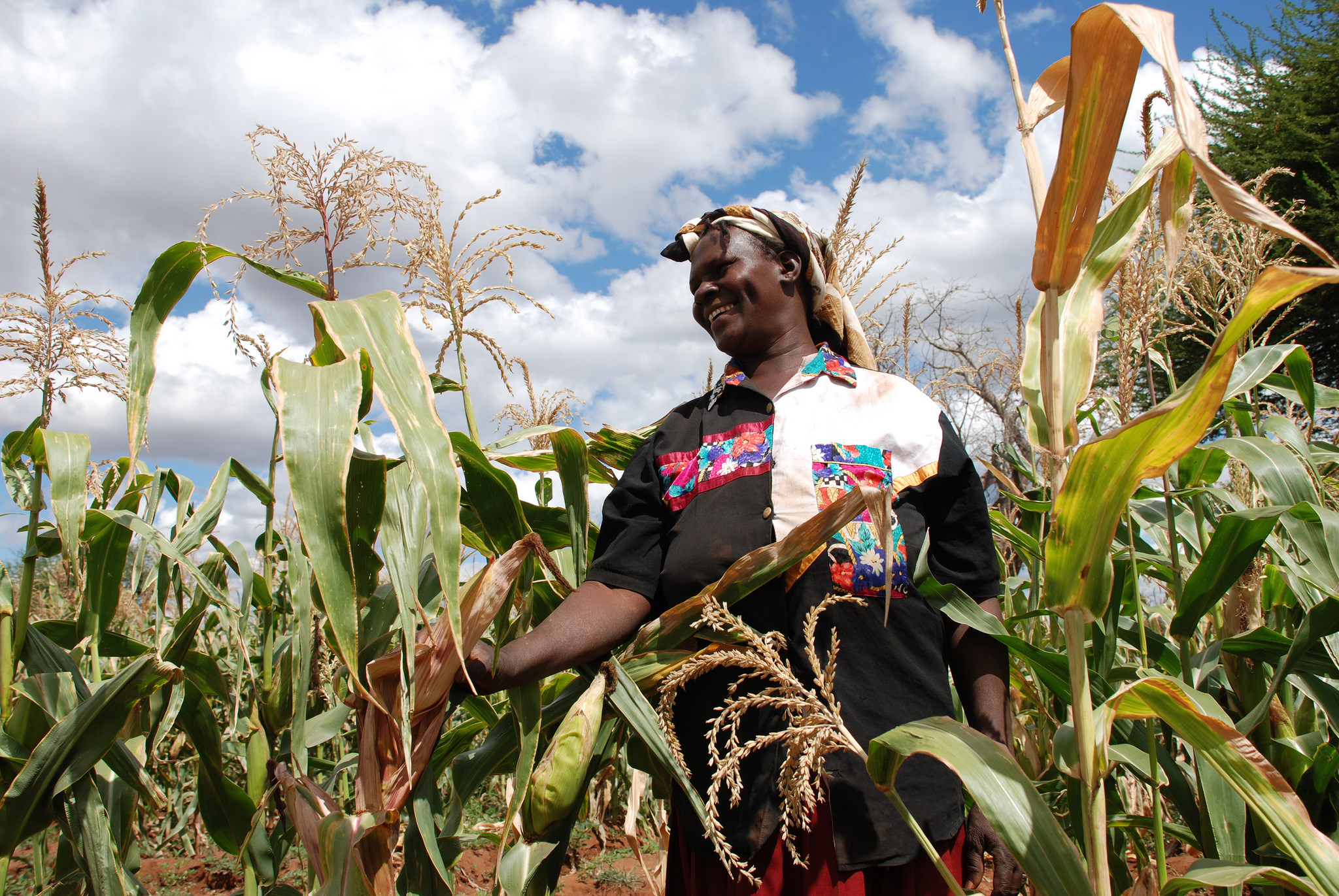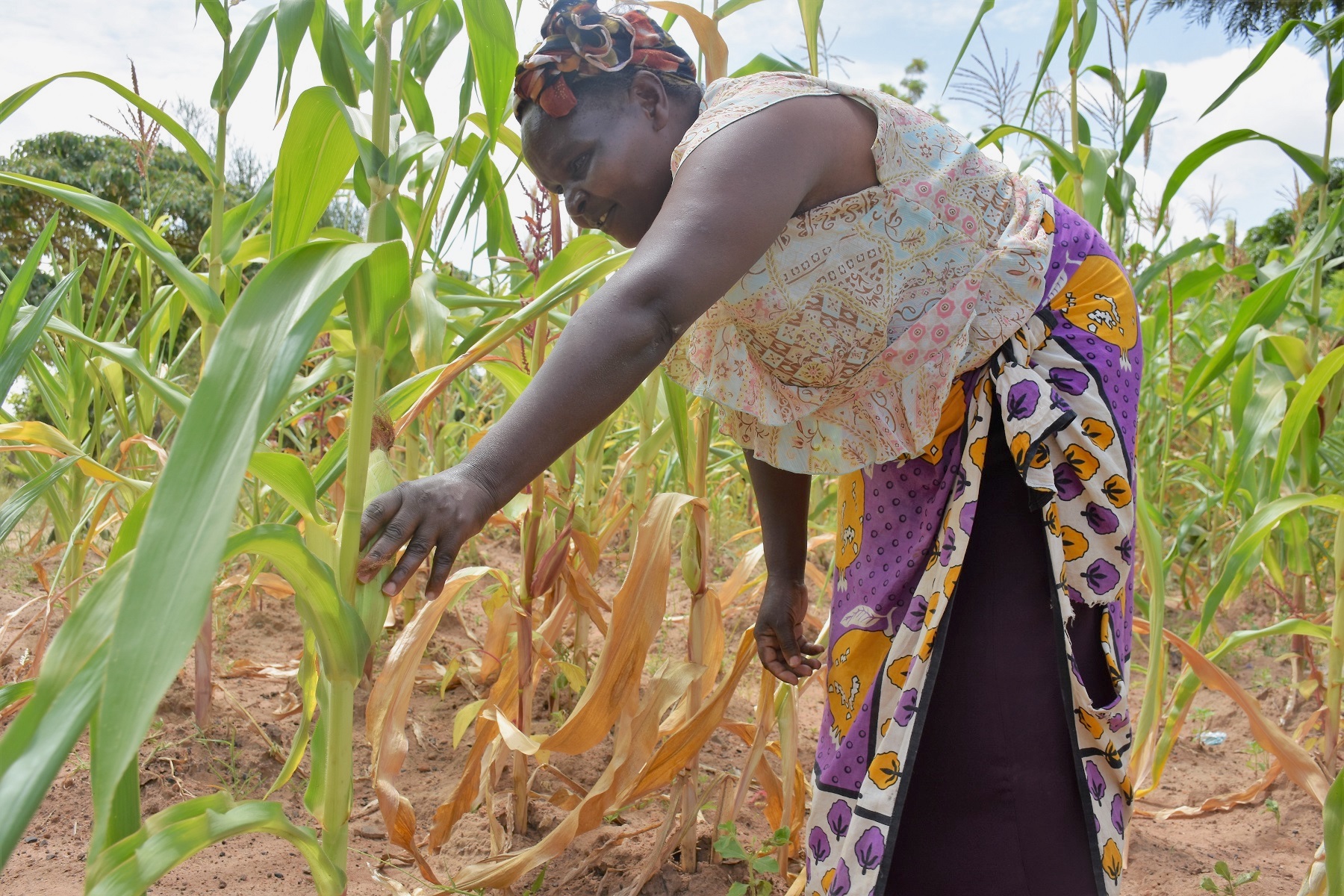In a blog post and video released today, Bill Gates talks about the essential role the CGIAR system plays in feeding the world. He highlights the work the International Maize and Wheat Improvement Center (CIMMYT) is doing to develop and spread the use of drought-tolerant maize varieties. “One of the leading CGIAR research centers is CIMMYT, the International Maize and Wheat Improvement Center. They are working on improvements to maize that are more productive, that are resistant to drought and diseases. It’s a leading example of the amazing work the CGIAR system does to help smallholder farmers,” Gates says.
In 2018, Bill Gates launched a campaign about climate change, because he worried not enough people understood the dimensions of the problem. In a previous blog post, he reminded readers that not only the energy sector is concerned, but also “the other 75%” — in particular agriculture and food systems. We need innovations to reduce our carbon footprint, Gates explained, but also to help the most vulnerable to cope with the effects of growing climate risks.
Rainfed smallholder farming families in sub-Saharan Africa are particularly at risk, as their livelihoods depend on unpredictable rainfall patterns. By the 2030s drought and rising temperatures could render 40% of the continent’s maize-growing area unsuitable for current varieties.
Drought-tolerant maize varieties could improve the climate resilience and the livelihoods of millions family farmers across Africa. The innovations offered by these varieties are affordable and scalable.
Behind the scenes

A team from Gates Notes came to drought-prone Machakos county in Kenya to visit farmers who are growing drought-tolerant hybrid maize. This variety, developed by the International Maize and Wheat Improvement Center (CIMMYT) and sold in the county by Dryland Seeds Limited under the SAWA brand, can yield up to 20% more than other drought-tolerant hybrids, explained the company’s managing director, Ngila Kimotho.
Despite limited rainfall in the village of Vyulya, Veronica Nduku harvested well-filled maize cobs. Her neighbour, who grows a local variety, had a less successful harvest.
CIMMYT developed these varieties under the Drought Tolerant Maize for Africa (DTMA) initiative, a ten-year project which finished in 2015. This work is continuing under the Stress Tolerant Maize for Africa (STMA) initiative, which is developing maize varieties that cope well with drought and other climate stresses. So far 3.5 million farmers in 13 African countries are benefitting from stress-tolerant maize varieties.

 Capacity development
Capacity development 
